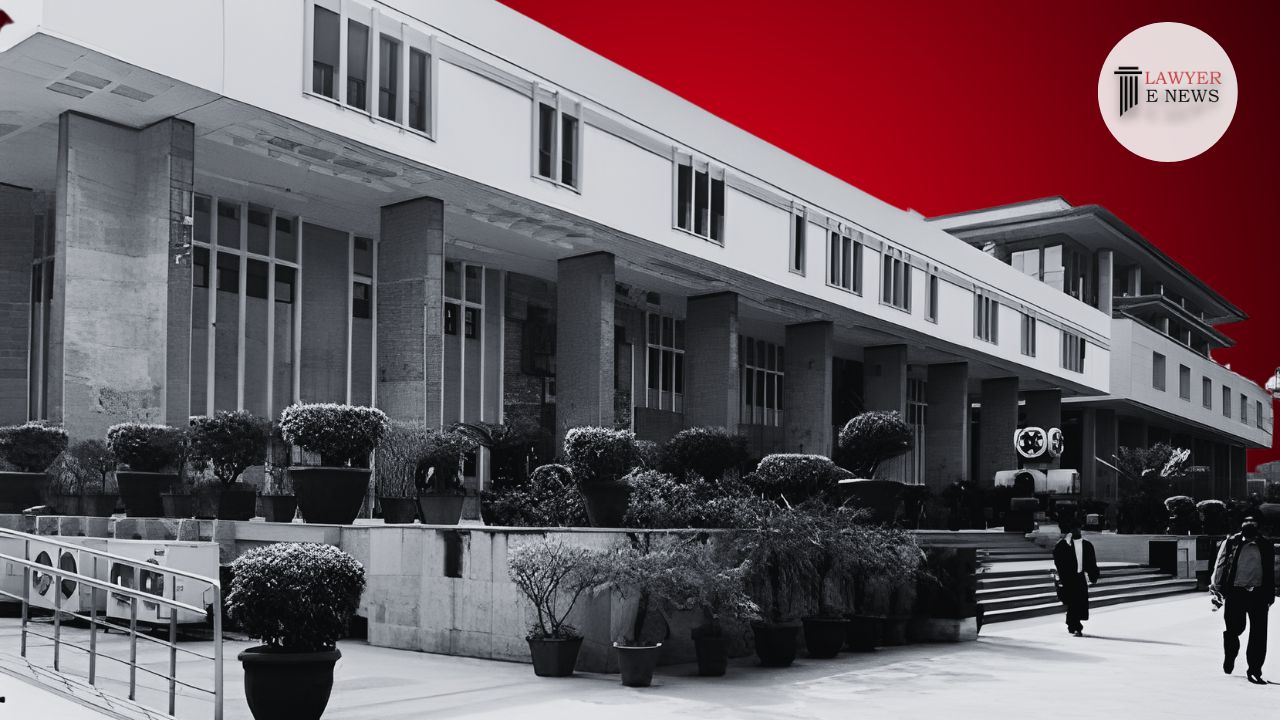-
by Admin
20 February 2026 4:14 AM



In a recent judgment, the Delhi High Court has reaffirmed the legal principle that a person who signs a cheque and hands it over to the payee remains liable unless substantial evidence is provided to counter the presumption that the cheque was issued to settle a debt or liability. The court's decision came in a Criminal Revision Petition where the petitioner had challenged his conviction under Section 138 of the Negotiable Instruments Act, 1881.
The petitioner, Satya Pal Dhawan, had been convicted for dishonoring a cheque issued in connection with a loan. He argued that there was no legally enforceable debt and that the amount had already been repaid. However, the court held that the burden of proof to establish the absence of a debt or liability was on the accused.
Justice Swarana Kanta Sharma, presiding over the case, referred to legal precedents, including the Supreme Court's observations in the Bir Singh v. Mukesh Kumar case, which emphasized that the mere act of signing a cheque and delivering it to the payee creates a presumption that it was meant to settle a debt. The court reiterated that this presumption could only be rebutted by the accused through substantial evidence.
Furthermore, the judgment pointed out that the petitioner's claim of repayment lacked material evidence and failed to establish why he did not seek the return of the cheque if it was falsely issued. The court upheld the petitioner's conviction under Section 138 of the NI Act.
As a result of the judgment, the petitioner was directed to pay the remaining fine/compensation and surrender within 15 days as per the lower court's orders. The decision reaffirms the importance of providing strong evidence to counter the presumption of debt when it comes to dishonored cheques.
The case was argued by the petitioner-in-person, while Ms. Sampanna Pani, Mr. Prashant Tripathi, and Mr. Sudesh Pal (AR) represented the respondent, Anil Kumar, in the proceedings.
Date of Decision: 17 October 2023
SATYA PAL DHAWAN vs ANIL KUMAR
